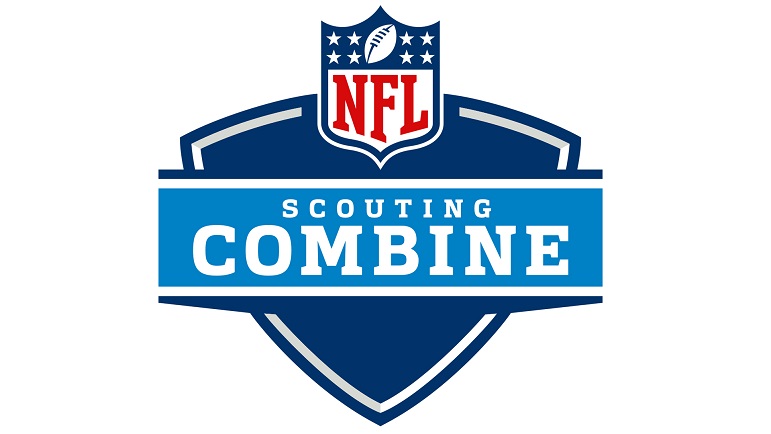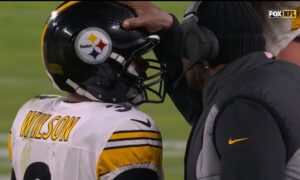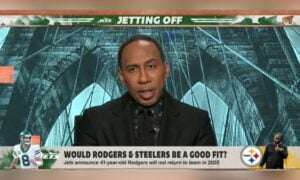The NFL killed off the Pro Bowl this year, though not a lot of people particularly missed it. At least, they didn’t miss what the game had already become. Could the NFL Scouting Combine be next? NFLPA executive director DeMaurice Smith hopes so, he told reporters yesterday. So what is the argument? He proposed a rhetorical question.
“Who decided that it was a good idea to take your son and have him exclusively try out for the NFL’s exclusive way of getting into the league — for the most part, unless you’re a free-agent player?”, Josh Weinfuss reported him as saying for ESPN.
The NFL Scouting Combine as it’s known today goes back roughly 40 years to the first National Invitation Camp held in 1982. It held the exact same purpose as today—ostensibly—which is to allow teams to get a first-hand look at draft prospects.
But Smith argues that’s no longer necessary from the athletic perspective, and many coaches and executives would agree with that. Today, the primary purpose of the Combine is to hold centralized medical evaluations—which Smith opposes.
“As soon as you show up, you have to waive all of your medical rights”, he said. “Would you want your son to spend hours inside of an MRI and then be evaluated by 32 separate team doctors who are, by the way, are only doing it for one reason? What’s the reason? To decrease your draft value”.
Of course, it can work both ways. A lot of players benefit from a positive medical report if they come into the draft facing concerns about their health or are coming off of an injury. There are no universal results in that regard. But resistance to the Combine isn’t exclusive to the NFLPA.
Indeed, the question posed was prompted by a comment made by NFL executive president of football operations Troy Vincent. He compared the event to “slave auctions”, whereby prospects are lined up and examined and evaluated for prospective ‘buyers’.
With that being neither here nor there, the ultimate question is twofold: how valuable that medical data is to teams, and how important it should be for a draft prospect’s stock to submit to it. Obviously, teams want to have as much information as possible, but should a player be penalized for not wanting to give up his medical information?
That’s an especially pertinent question when doing so is of no benefit to the player beyond the consequences of not doing so. In most cases, players don’t improve their stock based on their medical evaluation. Rare exceptions for players with issues or known medical issues are another matter.
Now, neither Smith nor anybody else was suggesting to do away with the evaluation process altogether. He said that he was in favor of establishing regional pro days, which was potentially something that the NFLPA itself could take charge of. But the centralized NFL Scouting Combine sure is convenient for teams—and for us. Yet holding regional combines can also open it up to a larger number of prospects, so that’s not a bad thing.








